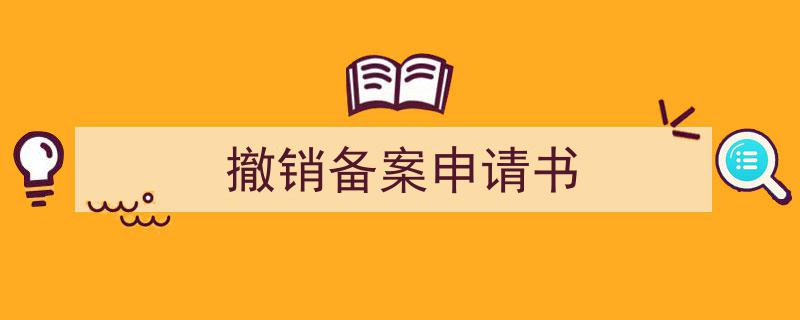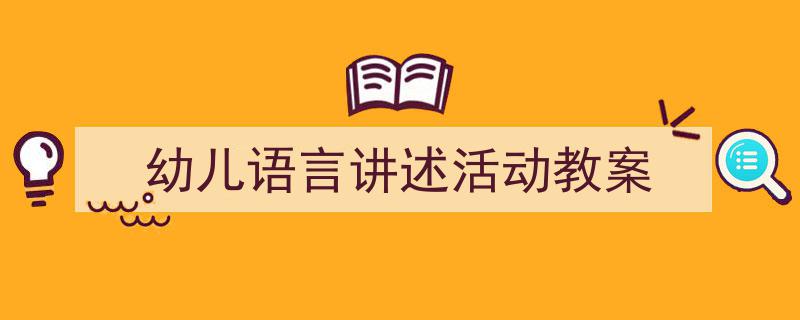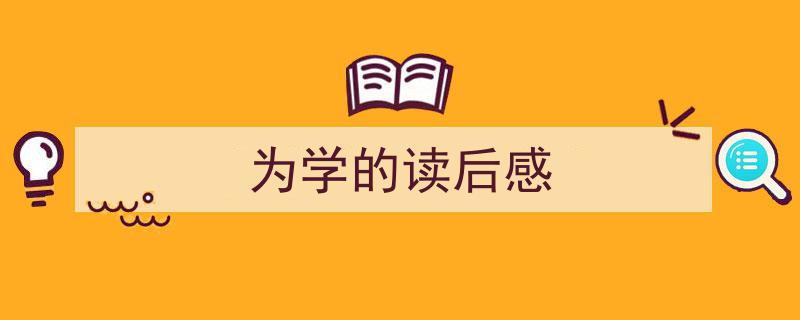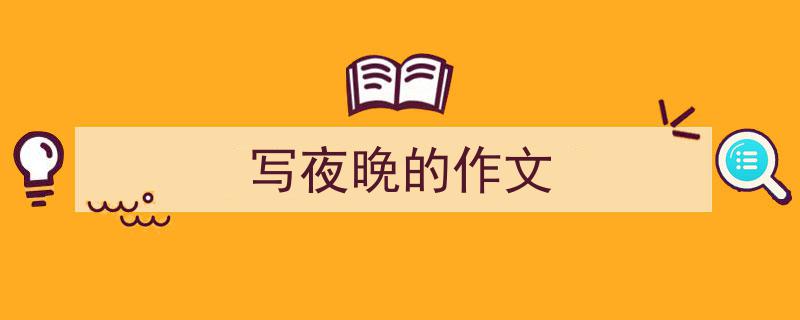欢迎来到格策美文网
精心挑选《活着读后感英语》相关文章文案。(精选5篇)
更新日期:2025-06-18 07:11
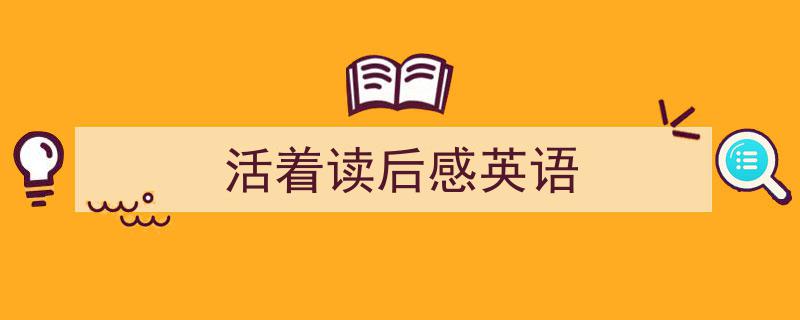
写作核心提示:
Writing a reflective essay on "To Live" by Yu Hua in English requires attention to several key aspects to ensure clarity, coherence, and a meaningful expression of your thoughts. Here are some important considerations:
1. "Understanding the Text": Before writing your essay, make sure you have a thorough understanding of the novel. This includes understanding the plot, characters, themes, and the author's intended message.
2. "Thesis Statement": Your essay should have a clear and concise thesis statement that outlines the main point or argument you will be developing. This statement should be based on your interpretation of the novel.
3. "Structure": A well-structured essay is essential. Follow the standard five-paragraph format (introduction, three body paragraphs, and conclusion) or any other structure that suits your argument.
4. "Introduction": - Start with an engaging hook to grab the reader's attention. - Briefly introduce the novel and its author. - Present your thesis statement clearly.
5. "Body Paragraphs": - Each paragraph should focus on a single point or aspect of the novel. - Begin each paragraph with a topic sentence that connects back to your thesis. - Use evidence from the novel to support your points, such as quotes, descriptions, or examples. - Be sure to analyze the text rather than just summarizing it.
6. "Critical Analysis": - Avoid plot summary; instead, focus on the deeper meanings and
悦读|余华《活着》(双语)
编者按:
《活着》是中国当代作家余华创作的长篇小说。《活着》讲述了徐福贵的人生和家庭不断经受苦难,所有亲人都先后离他而去,最后仅剩年老的他和一头老牛相依为命。小说以普通、平实的故事情节讲述了急剧变革的时代中小人物的不幸遭遇和坎坷命运,以冷静的笔触展现了生命的意义和存在的价值,揭示了生活的无奈与命运的不可捉摸。今天为大家介绍的译本出自美国翻译家白睿文(Michael Berry)。活着(节选)To Live (Excerpt)
文/余华译/Michael Berry (白睿文)
我比现在年轻十岁的时候,获得了一个游手好闲的职业,去乡间收集民间歌谣。那一年的整个夏天,我如同一只乱飞的麻雀,游荡在知了和阳光充斥的村舍田野。When I was ten years younger than I am now, I had the carefree job of going to the countryside to collect popular folk songs. That year, for the entire summer, I was like a sparrow soaring recklessly. I would wander amid the village houses and the open country which was full of cicadas and flooded with sunlight.
我喜欢喝农民那种带有苦味的茶水,他们的茶桶就放在田埂的树下,我毫无顾忌地拿起漆满茶垢的茶碗舀水喝,还把自己的水壶灌满,与田里干活的男人说上几句废话,在姑娘因我而起的窃窃私笑里扬长而去。I had a special affection for that bitter tea that farmers brew. There would always be a bucket of just that kind of tea under a tree by the ridge between the fields, and without second thought I would ladle out enough to fill my tea-stained bowl. Once I’d filled it to the brim, I’d start bullshitting with some of the male workers. The girls would whisper among themselves and then stifle their chuckles as I’d swagger off.
我曾经和一位守着瓜田的老人聊了整整一个下午,这是我有生以来瓜吃得最多的一次,当我站起来告辞时,突然发现自己像个孕妇一样步履艰难了。然后我与一位当上了祖母的女人坐在门槛上,她编着草鞋为我唱了一支《十月怀胎》。I once spent a whole afternoon talking with an old man who kept a melon patch. I ate more melons that day than I ever had in my life. When I stood up to leave, I suddenly realized that I had as much difficulty walking as a pregnant woman. Later that day, I sat on the porch with a woman who had already become a grandmother. As she weaved a pair of straw sandals she sang “Ten Month Pregnancy” for me.
我最喜欢的是傍晚来到时,坐在农民的屋前,看着他们将提上的井水泼在地上,压住蒸腾的尘土,夕阳的光芒在树梢上照射下来,拿一把他们递过来的扇子,尝尝他们和盐一样咸的咸菜,看看几个年轻女人,和男人们说着话。 What I loved most was sitting before the peasants’ houses, just as dusk fell. As the sun’s rays came down through the delicate branches. I would watch the peasants pour well water onto the ground, cooling the hot dust and sand. Holding the fan they passed over to me, I would try the pickled vegetables, which always tasted like salt. I would watch the girls and talk with the men.
我头戴宽边草帽,脚上穿着拖鞋,一条毛巾挂在身后的皮带上,让它像尾巴似的拍打着我的屁股。我整日张大嘴巴打着呵欠,散漫地走在田间小道上,我的拖鞋吧哒吧哒,把那些小道弄得尘土飞扬,仿佛是车轮滚滚而过时的情景。I wore a wide-brimmed straw hat on my head and a pair of slippers on my feet. A towel hung down from my belt behind me; I made it look like a tail patting me on the butt as I walked. All day my mouth was wide open as I yawned, strolling aimlessly through the narrow trails that wove between the fields. My slippers made a funny sound, “ba da ba da,” as the dust along the trail went flying upward. It was as if a truck had sped by.
我到处游荡,已经弄不清楚哪些村庄我曾经去过,哪些我没有去过。我走近一个村子时,常会听到孩子的喊叫:“那个老打呵欠的人又来啦。”I’d wander all over the place, not even remembering which villages I’d been to and which I hadn’t. As I’d approach the next country village, I’d often hear the children yelling, “Hey, that guy who always yawns is back!”
于是村里人就知道那个会讲荤故事会唱酸曲的人又来了。其实所有的荤故事所有的酸曲都是从他们那里学来的,我知道他们全部的兴趣在什么地方,自然这也是我的兴趣。And so the people in the village knew that the man who told dirty stories and sang sad songs had come back again. Actually I learned all those dirty stories and sad songs from them. I knew everything that interested them, and naturally this was also what interested me.
我曾经遇到一个哭泣的老人,他鼻青眼肿地坐在田埂上,满腹的悲哀使他变得十分激动,看到我走来他仰起脸哭声更为响亮。我问他是谁把他打成这样的?他手指挖着裤管上的泥巴,愤怒地告诉我是他那不孝的儿子,当我再问为何打他时,他支支吾吾说不清楚了。I once came across an old man with a bloody nose and a swollen face sitting atop the ridge crying. His sadness filled his entire body. When he saw me coming he looked up, and his weeping grew louder. I asked him who beat him like this, and, scraping the mud off his pants with his fingernail, he told me with anger that it was that ungrateful son of his. When I asked him why, he kept beating around the bush but wouldn’t explain.
(图源:kffy.cn)
英文美文分享: Why We Live (我们活着的意义)
“The two most important days in your life are the day you are born and the day you find out why.” – Mark Twain
“人生最重要的两天,是出生那天和找到生命意义的那天。” — 马克·吐温
In a quiet hospital room, newborn Liam’s first cry echoed hope.
在静谧的病房内,新生儿利亚姆的第一声啼哭回荡着希望。
His parents held him tightly, pondering the gift of new life.
他父母紧抱着他,思索这份新生命的珍贵。
Years later, young Liam stared at stars through a cracked telescope.
数年后,小利亚姆透过破旧望远镜凝视星空。
He felt the pull of distant galaxies whispering purpose.
他感受到遥远星系低语般的使命召唤。
Teachers nurtured his curiosity, encouraging every question.
导师们滋养他的好奇,激励他提出各种问题。
Liam’s sketches filled notebooks with planets not yet discovered.
利亚姆的素描本里记满尚待发现的星球。
In college, he studied astrophysics, chasing answers across equations.
大学时,他攻读天体物理,用方程式追寻答案。
Yet a void gnawed at him: what did his work truly mean for humanity?
然而,他心中始终有一处空虚:他的研究对人类有何意义?
On a stormy night, he volunteered at a youth center, teaching science by flashlight.
一个风雨交加的夜晚,他在青少年中心用手电筒教授科学。
Children’s eyes lit up at cosmic stories, fueling Liam’s own wonder.
孩子们听到宇宙故事时眼睛闪耀,也点燃了他的惊叹。
He realized purpose lay not just in discovery, but in sharing discovery.
他领悟:意义不仅在于发现,更在于分享发现。
Liam founded a nonprofit bringing science kits to remote schools.
他创建非营利组织,将科学工具箱送往偏远学校。
Volunteers joined him, inspired by the spark in children’s faces.
志愿者们受孩子们眼里的光芒启发,纷纷加入。
Each demonstration of nebula clouds and orbit models carried purpose.
每一次星云与轨道模型演示,都承载着使命。
Awards followed, yet Liam treasured thank-you letters over trophies.
尽管获奖无数,他更珍视孩子们的感谢信。
He understood that purpose blossoms when our gifts serve others.
他明白:当天赋用于他人时,生命的意义才会绽放。
At a gala under starlit skies, he spoke of life’s two defining days.
在星空下的晚宴上,他谈起那人生的两大转折日。
Born to wonder, Liam had found why—to ignite wonder in every heart.
生来追问,利亚姆找到了答案:在每颗心中点燃惊奇。
Summary: “Discovering your why turns living into a profound journey.”
总结:“找寻生命之为何,使人生成为深刻的旅程。”
文档上传者
热门标签
相关文档
文章说明
本站部分资源搜集整理于互联网或者网友提供,仅供学习与交流使用,如果不小心侵犯到你的权益,请及时联系我们删除该资源。



